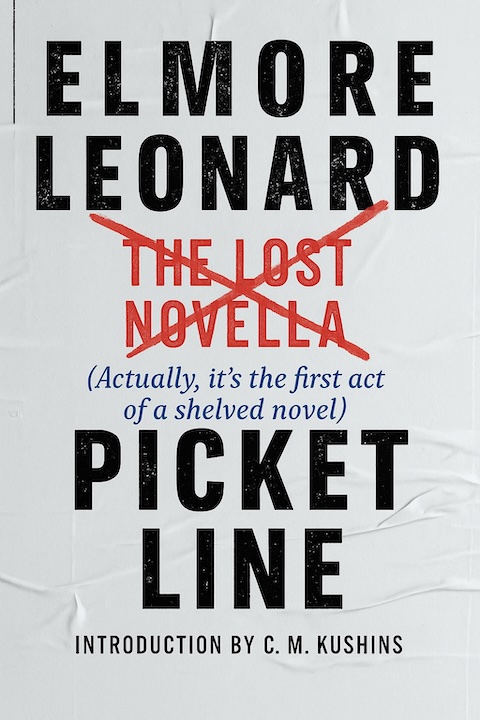Elmore Leonard’s Perfect Pitch
A striking opening from the sixth chapter of a novel has caught the attention of readers and critics alike. In Unknown Man No. 89, published in 1977, notable author Elmore Leonard introduces us to a bar scene where a character, known only as Ryan, finds himself confronted by a bold woman who asks, “Do you like sex?” and follows up with a sharp retort, “Then why don’t you fuck off?” This blunt exchange showcases Leonard’s hallmark style — concise, witty, and strikingly real.
Leonard, who passed away in 2013, authored over forty novels and became a master storyteller whose characters and dialogue resonated deeply with readers. A recent biography by C. M. Kushins, titled Cooler Than Cool: The Life and Work of Elmore Leonard, sheds light on Leonard’s creative process and some intriguing background on Unknown Man No. 89. The book not only revisits Leonard’s works but emphasizes his relationship with Hollywood, particularly a failed agreement with Universal Pictures for a film adaptation of the novel.
Insight into the Author
Kushins reveals that Leonard’s characters often reflect his own life experiences, particularly his struggles with alcohol. The protagonist in Unknown Man No. 89, Jack Ryan, echoes Leonard’s battle with addiction. An untouched note from Leonard indicates his intent to make Ryan’s return to alcohol both natural and believable, highlighting the emotional depth he sought in his narratives.
Legacy and Influence
Elmore Leonard’s writing style is defined by crisp dialogue and characters that feel authentic. Readers often associate him with settings across America, but Detroit remains central to his identity. Born in New Orleans in 1925, Leonard spent much of his childhood in Detroit, where his father worked for General Motors. His love for the city integrates seamlessly into his storytelling, giving texture and authenticity to his narratives.
| Novel | Publication Year | Main Theme |
|---|---|---|
| Unknown Man No. 89 | 1977 | Alcoholism and Personal Struggles |
| Fifty-Two Pickup | 1974 | Crime and Redemption |
| LaBrava | 1983 | Love and Betrayal |
A Writer’s Resilience
Leonard’s commitment to his craft is reflected in his rigorous writing schedule and the discipline he maintained throughout his life. He bled his experiences onto the page, ensuring that the authenticity of his characters rang true. His story landscape was filled with shades of humor, tragedy, and humanity, capturing diverse experiences and personalities.
Reflecting on Leonard’s life, he seems both an intriguing figure and a humble craftsman. His legacy continues to inspire writers and readers, ensuring that his unique voice in American literature remains alive and well. Elmore Leonard’s prose serves as a testament to his remarkable ability to dissect the complexity of human behavior while delivering compelling storytelling.














